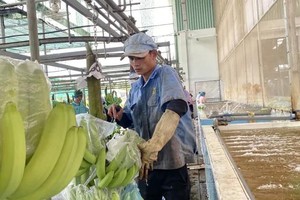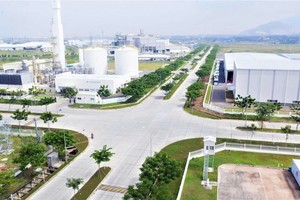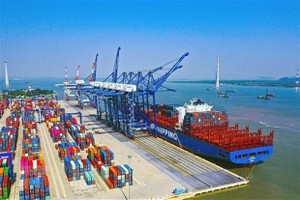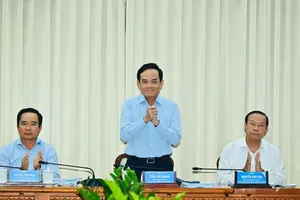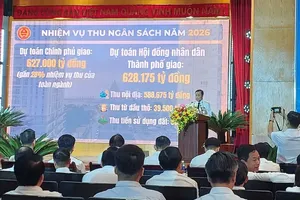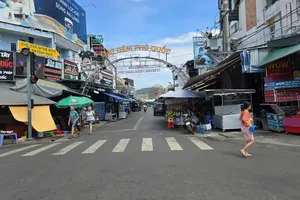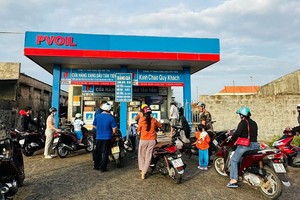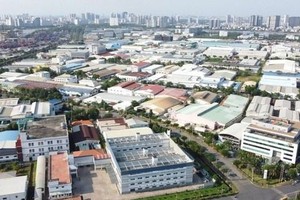
Vice Chairwoman Mai Thi Phuong Hoa of the National Assembly (NA)’s Judicial Committee highlighted critical issues. Existing penalty mechanisms for waste lack sufficient deterrence, while current regulations primarily serve as warnings rather than effective preventive measures and administrative procedures create systemic inefficiencies that squander citizens’ and businesses’ time.
She also emphasized the pervasive nature of waste, which manifests through bureaucratic risk aversion, passing responsibility between Government agencies, and subjective leadership approaches prioritizing personal achievements over systematic development.
However, she believed that if Vietnam can successfully combat waste as it has done with corruption in recent years, the nation will undoubtedly embark on a new era of prosperity.
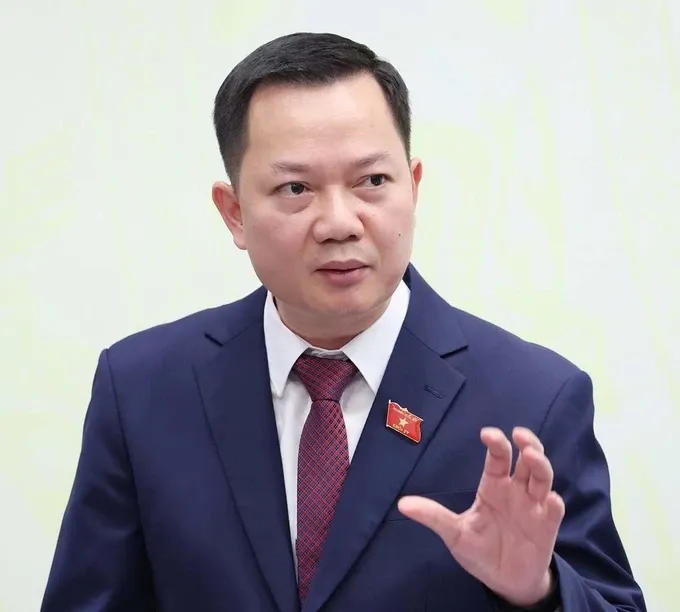
Standing Member Trinh Xuan An of the NA’s National Defense and Security Committee noted the NA’s Resolution 74/2022/QH15 on strengthening the implementation of the law on thrift and anti-wastefulness. Accordingly, the NA tasks the Finance and Budget Committee with overseeing the handling of
- 51 projects and project clusters using public investment and other state capital that were ineffective or wasteful;
- 13 key projects in the electricity, coal, and petroleum sectors that were behind schedule;
- 19 projects that were slow to deploy, faced difficulties, and resulted in land waste;
- 880 projects and constructions that were slow or failed to put land into use.
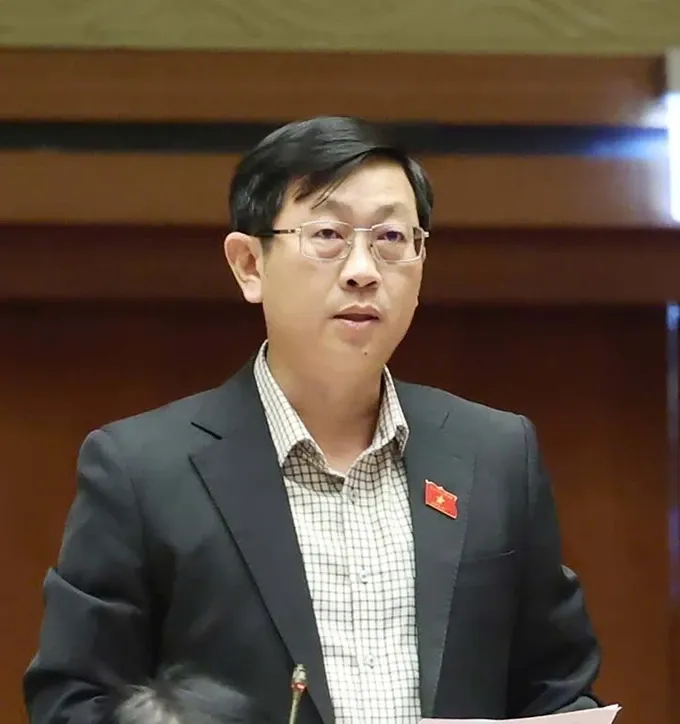
Deputy Head Nguyen Huu Thong of the Binh Thuan Provincial Delegation to the NA shared that the waste of social resources and national resources in halted projects and constructions nationwide has been obvious.
There is a lack of truly comprehensive statistical data on this waste, but the figure is not less than hundreds of thousands of billions of VND, together with land resource waste, waste of business and national development opportunities that cannot be fully measured, not to mention the loss of people’s trust. It is high time the State addressed this serious issue.
The NA and Government must review and introduce mechanisms and policies to overcome practical difficulties and create a conducive environment for the country's development, rather than legitimizing violations. Pilot mechanisms can be implemented for specific projects or localities to evaluate and replicate successful approaches.
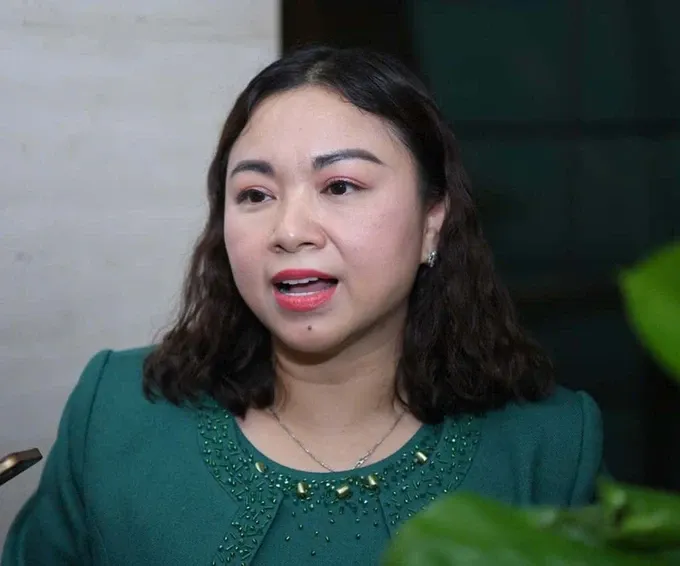
Deputy Head Dang Bich Ngoc of the Hoa Binh Provincial Delegation to the NA agreed on the clear display of public investment waste in abandoned construction projects that cannot be used.
She stressed that the NA and Government should continue strongly innovating law construction, completion, and implementation, while timely issuing mechanisms and policies to resolve difficulties for citizens and businesses, and addressing the institutional bottlenecks that have been raised.
Along with this should be the implementation of the principle of “local decision, local implementation, local responsibility, local benefits”.
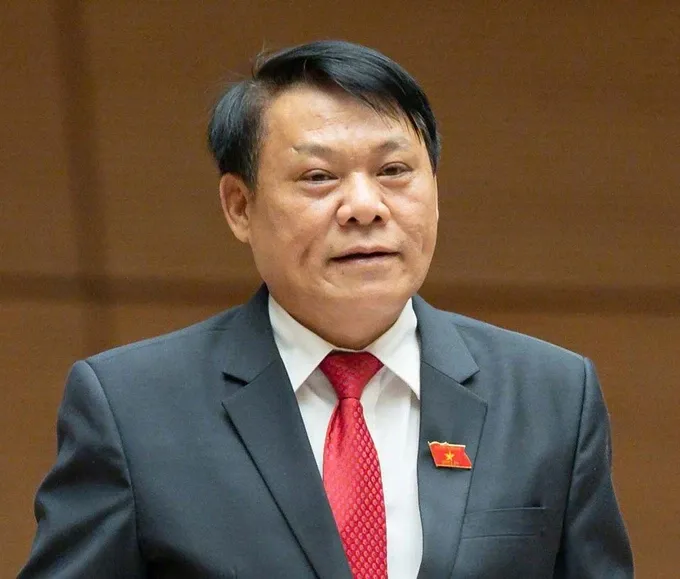
Deputy Head Nguyen Thanh Nam of the Phu Tho Provincial Delegation to the NA commented that land resource exploitation and utilization have not kept pace with the needs, potential, and opportunities of socio-economic life, presenting a major issue in practicing thrift and preventing waste. This includes slow transformation in some sectors regarding reorganization, renovation, along with tardiness in improving operational efficiency of agricultural and forestry companies as well as the reorganization and handling of state-owned facilities, land, and assets of central agencies located in local areas.
The struggle to prevent waste holds a position equivalent to combating corruption and negative practices. In recent times, the Central Party and State have provided specific guidance and requirements for organizational and individual responsibilities, especially the accountability of leaders regarding abandoned land areas, land used incorrectly, or land already reclaimed but without usage plans.
Ministries should continue to consider transferring land and facilities they manage but do not need to local areas for socio-economic development, especially those that have been abandoned for decades.
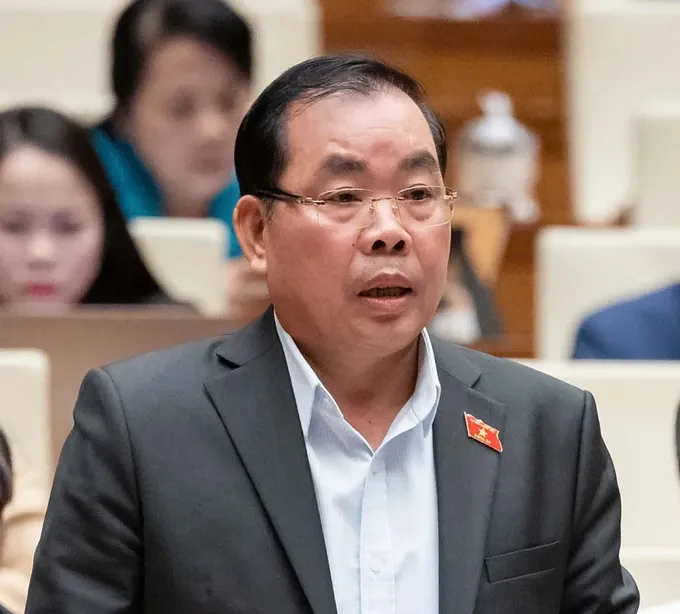
Vice President Nguyen Quang Huan of the Vietnam Private Business Association emphasized the need for a National Assembly resolution to address existing stalled projects. While it is essential to avoid legitimizing violations, mechanisms must be put in place to handle lingering issues.
Auctions or re-tendering can be considered for halted projects to prevent them from remaining idle indefinitely. Some projects have been temporarily stopped for years, leaving people without housing and land lying fallow, leading to prolonged litigation.
Each ministry and locality should propose specific solutions for competent authorities to consider, avoiding generalities, as each project has its unique characteristics. Managing agencies and investors should proactively propose specific solutions for each project as well.
Former Vice Chairman and Secretary-General of the Central Committee of the Vietnam Fatherland Front Vu Trong Kim stressed the importance of follow-up actions after the National Assembly's Resolution 74/2022/QH15. A report on the 2-year implementation of the resolution's recommendations is necessary to ensure the thorough handling of hundreds of stalled projects causing significant waste.
